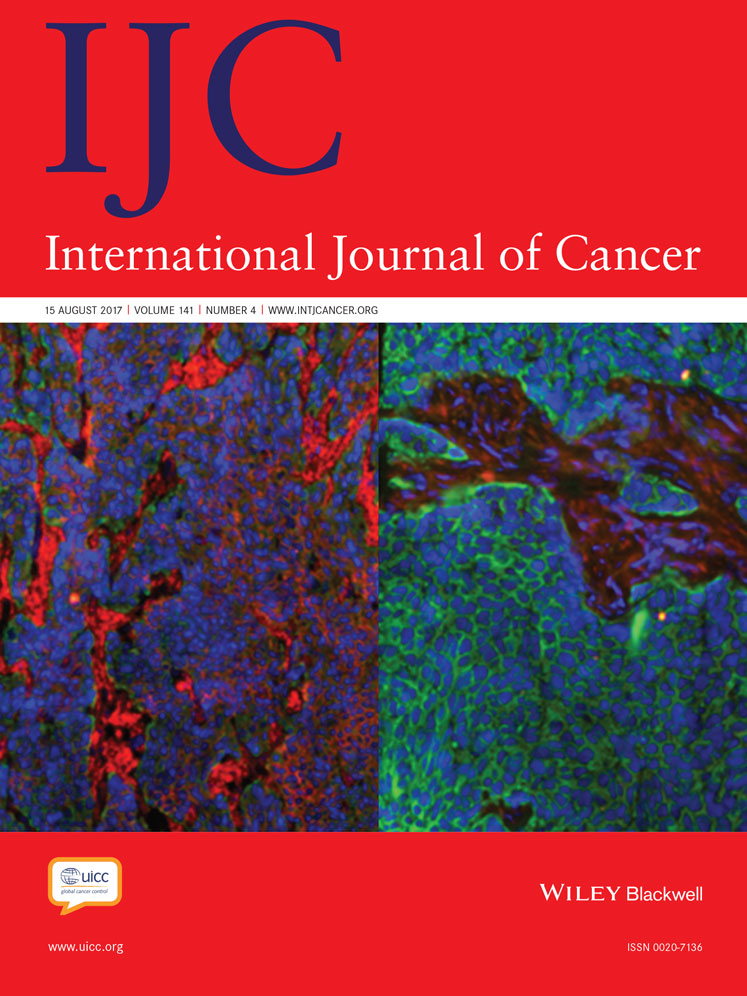Dietary intake of selected nutrients and persistence of HPV infection in men
Abstract
Human papillomavirus (HPV) infection is a common sexually transmitted disease. Although often transitory, persistent oncogenic HPV infection may progress to a precursor lesion and, if not treated, can further increase the risk of cancer. The purpose of this study was to investigate the relation between dietary intake and HPV persistent infection in men of a Brazilian cohort. The study population consisted of 1,248 men from the Brazilian cohort of the HIM (HPV in Men) Study, ages 18 to 70 years, who completed a quantitative food frequency questionnaire. U Mann-Whitney test was used to assess differences in median nutrient intake of selected nutrients. The association of dietary intake and persistent HPV infection was assessed in multivariate logistic models. The prevalence of any HPV infection at baseline was 66.6%. Of 1,248 participants analyzed, 1,211 (97.0%) were HPV positive at one or more times during the 4 years of follow-up and 781 (62.6%) were persistently HPV positive. Men with nonpersistent oncogenic HPV infections had higher median intake of retinol (p = 0.008), vitamin A (p < 0.001) and folate (DFE; p = 0.003) and lower median intake of energy (p = 0.005) and lycopene (p = 0.008) in comparison to men with persistent oncogenic infections. No significant association was found between selected nutrients and persistent oncogenic HPV infection. For nononcogenic persistent infections, only vitamin B12 intake was significantly associated (p = 0.003, test for trend). No association was observed between dietary intake and persistent oncogenic-type HPV infection; however, vitamin B12 intake was inversely associated with nononcogenic HPV persistence.
Abstract
What's new?
Can diet influence the persistence of HPV infection? Certain B vitamins, for instance, can promote viral integration, while other nutrients hinder it. This is the first study to investigate whether diet contributes to persistent oncogenic HPV-infection in men. Looking at a Brazilian cohort of men age 18–70, these authors tested the men for HPV over a period of 4 years. At each meeting, they gave them a questionnaire, asking about their diet. Persistent nononcogenic HPV infection was associated with B12 consumption, they found, but they could link none of the nutrients to persistent oncogenic HPV infection.




